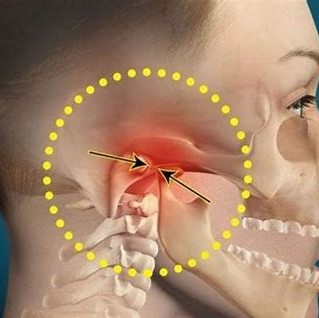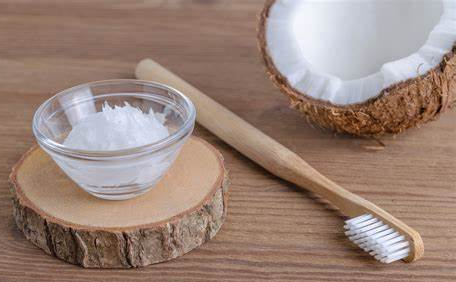Smoking has numerous detrimental effects on an individual’s overall health, including the respiratory and cardiovascular systems. However, impact of smoking on oral health is often overlooked but equally significant. In this article, we will delve into the multiple ways smoking wreaks havoc on the mouth, leading to various oral health problems.
1. Stained Teeth
One of the most noticeable effects of smoking on oral health is the discoloration of teeth. The tar and nicotine present in cigarettes cause brownish or yellowish stains on the teeth, which can be difficult to remove even with professional dental cleanings or whitening procedures. This staining leads to a dull and unattractive smile.
2. Bad Breath
Smoking tobacco products significantly contributes to persistent bad breath. The chemicals in cigarettes leave an unpleasant odor in the mouth, which lingers for an extended period. It affects not only the smoker’s breath but also the overall personal hygiene and social interactions.
3. Gum Disease:
Smoking is a significant risk factor for gum disease (periodontitis), characterized by red, swollen, and bleeding gums. The harmful chemicals in tobacco products impair blood flow to the gums and affect the body’s immune response, making smokers more susceptible to gum infections. Moreover, smokers have a reduced ability to heal following dental procedures compared to non-smokers.
4. Tooth Loss:
Due to smoking, the risk of tooth loss significantly increases. The compromised blood circulation weakens the gums and jawbone, leading to tooth mobility. Additionally, smokers have reduced bone density, making their teeth more prone to fractures and ultimately resulting in tooth loss.
5. Delayed Healing:
Smokers experience slower healing and recovery after oral surgeries or dental treatments such as extractions, implants, or gum surgeries. The restricted blood flow caused by smoking compromises the body’s ability to fight off infections and regenerate tissues, prolonging the healing process and increasing the chances of post-operative complications.
6. Oral Cancer:
Smoking is a leading cause of oral cancer. It affects various parts of the mouth, including the lips, tongue, cheeks, and throat. Oral cancer can be life-threatening and often requires aggressive treatment such as surgery, radiation therapy, or chemotherapy. Smokers are at a significantly higher risk of developing oral cancer than non-smokers.
7. Decreased Taste and Smell:
Smoking damages taste buds and sensory cells in the nose, resulting in a diminished ability to taste and smell. This can impact an individual’s enjoyment of food and often lead to poor dietary choices.
8. Dry Mouth:
Smoking reduces saliva production, causing dry mouth (xerostomia). Saliva plays a crucial role in neutralizing acids, preventing tooth decay, and washing away food particles, thus maintaining oral health. Dry mouth increases the risk of cavities, gum disease, and bad breath.
Final Word
To mitigate the negative effects of smoking on oral health, quitting smoking is highly recommended. It is essential to seek professional help, gather support from friends and family, and engage in nicotine replacement therapies or counseling services. By quitting smoking, individuals can significantly improve their oral health and reduce the risk of developing severe oral diseases. Additionally, regular dental check-ups, professional cleanings, and maintaining good oral hygiene habits are crucial for smokers to minimize the impact of smoking on their oral health.



